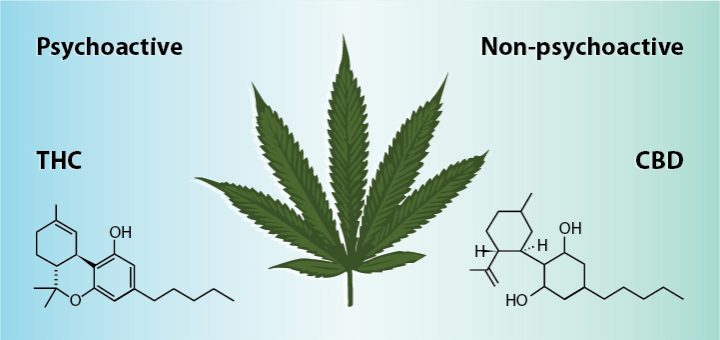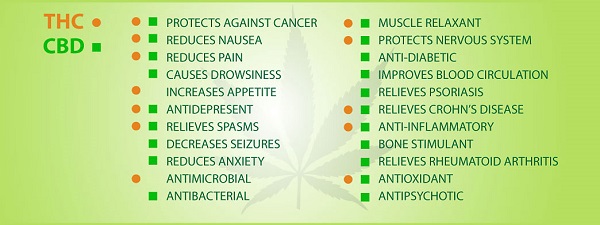How Certain Laws Restrict Cannabis Research
85Even though marijuana is being continually legalized around the world for medicinal purposes, the United States still consider it to be a Schedule 1 substance, and thus, it’s considered to be illegal at the federal level. This makes it challenging to get clinical studies approved by the U.S. Food and Drug Administration (FDA).
This sort of creates a vicious cycle: due to a lack of enough federally funded research, the marijuana proponents are finding it hard to get the Schedule 1 classifications overturned. Generally speaking, the substances that fall under the Schedule 1 category have a high potential for abuse and offer no medical benefit, or so the government believes.
Many people share the opinion that the classification does not apply to marijuana, arguing that it has no addictive traits, at least not in the physical sense. They are also trying to make an argument that it’s a viable alternative to opiates.
Lately, there has been much interest in medical uses for marijuana. In the general sense, it comes in handy for managing all sorts of pain. It’s also useful for managing sleep deprivation, loss of appetite, nausea, and to treat the adverse effects of chemotherapy and HIV/AIDS treatment.
The researchers are trying to find out what other medical benefits are associated with medicinal use of marijuana. Recently, Pennsylvania’s health department launched a landmark registry for those who use merijuana for medical purposes. Alongside the introduction, a new website was launched, and it was designed as a one-stop-shop for caregivers, diespensaries, physicians, and labs. it’s estimated that by 2018, it should be possible for the applicants to pick up their prescriptions from anywhere in the state.
THC is the ingredient in marijuana that gets the most attention, even though, in reality, it has hundreds of components, and not all of them are psychoactive. CBD (or cannabidiol for short) can be found in many strains. This component can be used as an anti-psychotic, anti-convulsant, neuro-protectant, anti-inflammatory agent, a sedative, etc., without getting the user high.
CBD, in particular, is what makes marijuana a viable treatment for epilepsy, and in some cases, even children can benefit from it. It’s been known to help treat heart conditions and regulate insulate levels in diabetic patients. Since it’s not addictive, it’s shown great potential to treat heroin addiction and opioid crisis. One of its less-known benefits is that it helps cigarette smokers quit their habit.

Even the National Multiple Sclerosis Society supports the idea of there being more research on its medical benefits, and is in favor of marijuana being legalized at the state level. The organization even founded some marijuana studies of its own.
Currently, there are mixed opinions on the medical benefits of marijuana use for schizophrenia and bipolar disorder, but it’s known to be able to help those who are suffering from paranoia and anxiety. War veterans who suffer from post-traumatic stress have also been using it to alleviate their condition, and earlier this year, the first FDA-approved trial of smoked marijuana for veterans affected by PTSD was launched.
Source:
http://www.newsweek.com/medical-marijuana-pain-illness-700303


